pm-perancis-300x200.jpg" alt="French Prime Minister, Manuel Valls. Image from mirror news " width="300" height="200" /> French Prime Minister, Manuel Valls. Image from mirror news
Paris, 7 Rajab 1437/ 15 April 2016 (MINA) – French Prime Minister Manuel Valls has sparked controversy by suggesting that the Muslim headscarf should be banned in universities and that a majority of French people think Islam is incompatible with the values of the Republic, The Guardian newspaper reported.
The Socialist, under pressure over contested labour reforms and growing street protest movements, reopened the divisive question of whether students could be banned from wearing headscarves at French universities.
In a long interview with the daily Libération, he was asked whether headscarves should be banned by law from universities and he replied: “It should be done,” conceding that the constitution made it difficult. IINA quoted by Mi’raj Islamic News Agency (MINA) as reporting.
But other Socialist ministers immediately contradicted him. “There is no need for a law on the headscarf at university,” said Thierry Mandon, the higher education minister. He said students were adults, and as such they “have every right to wear a headscarf. The headscarf is not banned in French society.”
Also Read: Greek Port Workers Block Military Shipment to Israel, Refuse to Support Genocide in Gaza
Najat Vallaud-Belkacem, education minister, said she did not support banning headscarves from universities, adding that students were young adults with “freedom of conscience and religious liberty” to do as they please. “Our universities also have a lot of foreign students. Are we going to ban them access because in their culture there’s a certain type of clothing?” she said.
In the past, figures on the right, including the former president Nicolas Sarkozy, have suggested headscarves should be banned from higher education.
But university leaders have consistently expressed strong opposition to any ban, saying students should be able to do as they please and that discriminating against students in headscarves is illegal.
The issue of Islamic head coverings has long been a highly contentious political issue in France, which has some of the hardest-hitting legislation on headscarves in Europe. In 2004, it banned girls from wearing headscarves in state schools, along with other religious symbols such as crosses or turbans. In 2011, Sarkozy controversially banned the niqab (a full-face Muslim veil) from all public places. State workers in the public service must by law be impartial and neutral, and so cannot show their religious belief with an outward symbol such as a headscarf.
Also Read: Germany Slams Israeli Plan to Relocate Gazans as Human Rights Violation
Valls also came under fire for telling Libération: “I would like us to be able to demonstrate that Islam, a great world religion and the second religion of France, is fundamentally compatible with the Republic, democracy, our values and equality between men and women.”
Asked if he was therefore implying that Islam had so far not shown itself to be compatible with French society and values, he said: “Certain people don’t want to believe it, a majority of French citizens doubt it, but I’m convinced that it’s possible.”
Abdallah Zekri, head of the Observatory on Islamophobia and a member of the French Council of the Muslim Faith, expressed exasperation that the prime minister was suggesting Muslims in France had not already demonstrated that their religion was totally compatible with life in France.
“We’re fed up of being stigmatized … and of this populist discourse which is worse than the far-right,” he told BFM TV.
Also Read: Freedom Flotilla’s ‘Handala’ Departs from Italy for Gaza in Effort to Break Israeli Blockade
Patrick Mennuci, a Socialist MP in the Bouches-du-Rhone, tweeted of Valls’s comments on the headscarf in universities: “Why open a debate that doesn’t exist? Let’s concentrate on real problems.”
A Twitter hashtag sprung up called #VraisProblemesUniversite (real problems at University) in which people suggested issues that were more important to debate.
With only a year to go until the 2017 French presidential election, François Hollande’s Socialist government, headed by Valls, is under increasing criticism from both the right and the left. Opposition to labour reforms has led to the government to back-track in order to attempt to appease young people after students and high-school unions took to the streets to protest.
Hollande’s poll ratings have dropped dramatically and he is now the least popular French president on record, with some on the broader left raising doubts over whether he can successively run again for another presidential term next year. The tough-talking Valls, once a popular interior minister, has also seen his popularity drop to its lowest levels, with an approval rating of 22 percent in a recent Elabe poll for LesEchos. (T/P007/R03)
Also Read: UN Rights Office Reports 798 Gazans Killed While Seeking Humanitarian Aid Since Late May
Mi’raj Islamic News Agency (MINA)





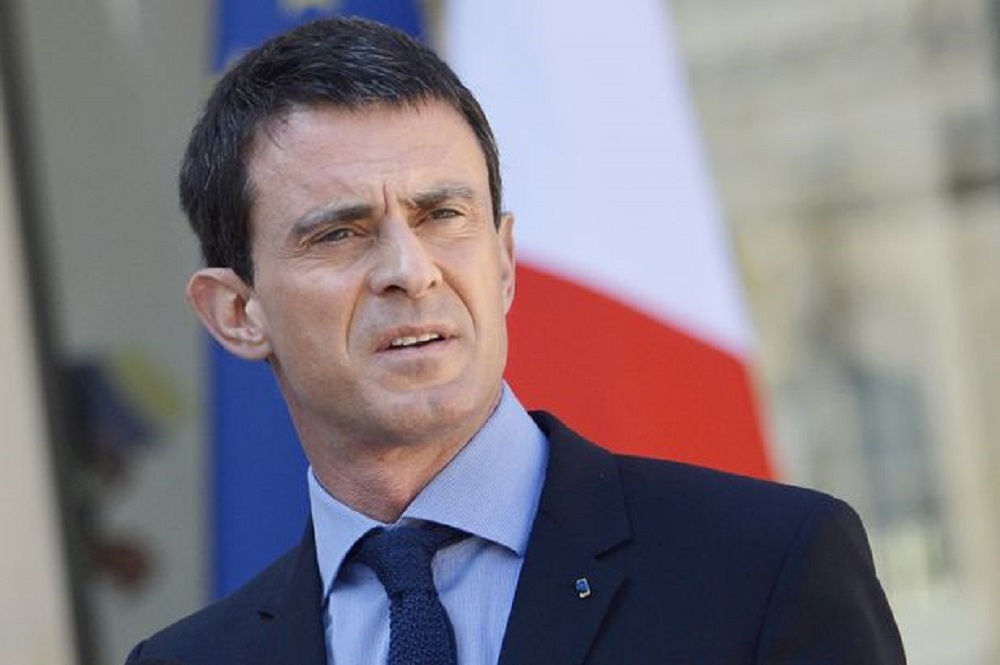

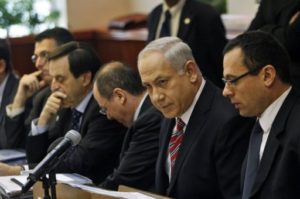
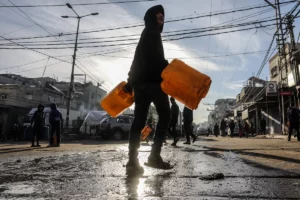


![Israeli tanks and APC’s gather by the Israeli – Lebanese border. Amid Israel’s escalating campaign against Hezbollah in Lebanon on September 30, 2024. [Erik Marmor/Getty Images]](https://en.minanews.net/wp-content/uploads/2024/10/IMG_20241001_203226-300x197.jpg)



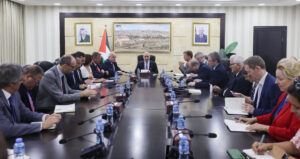

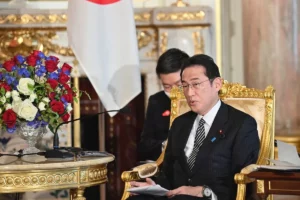
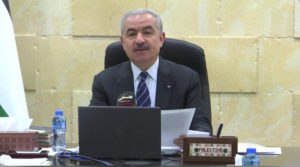
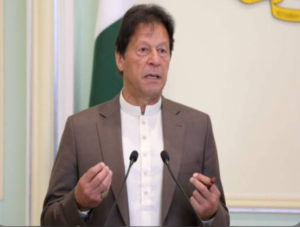















 Mina Indonesia
Mina Indonesia Mina Arabic
Mina Arabic